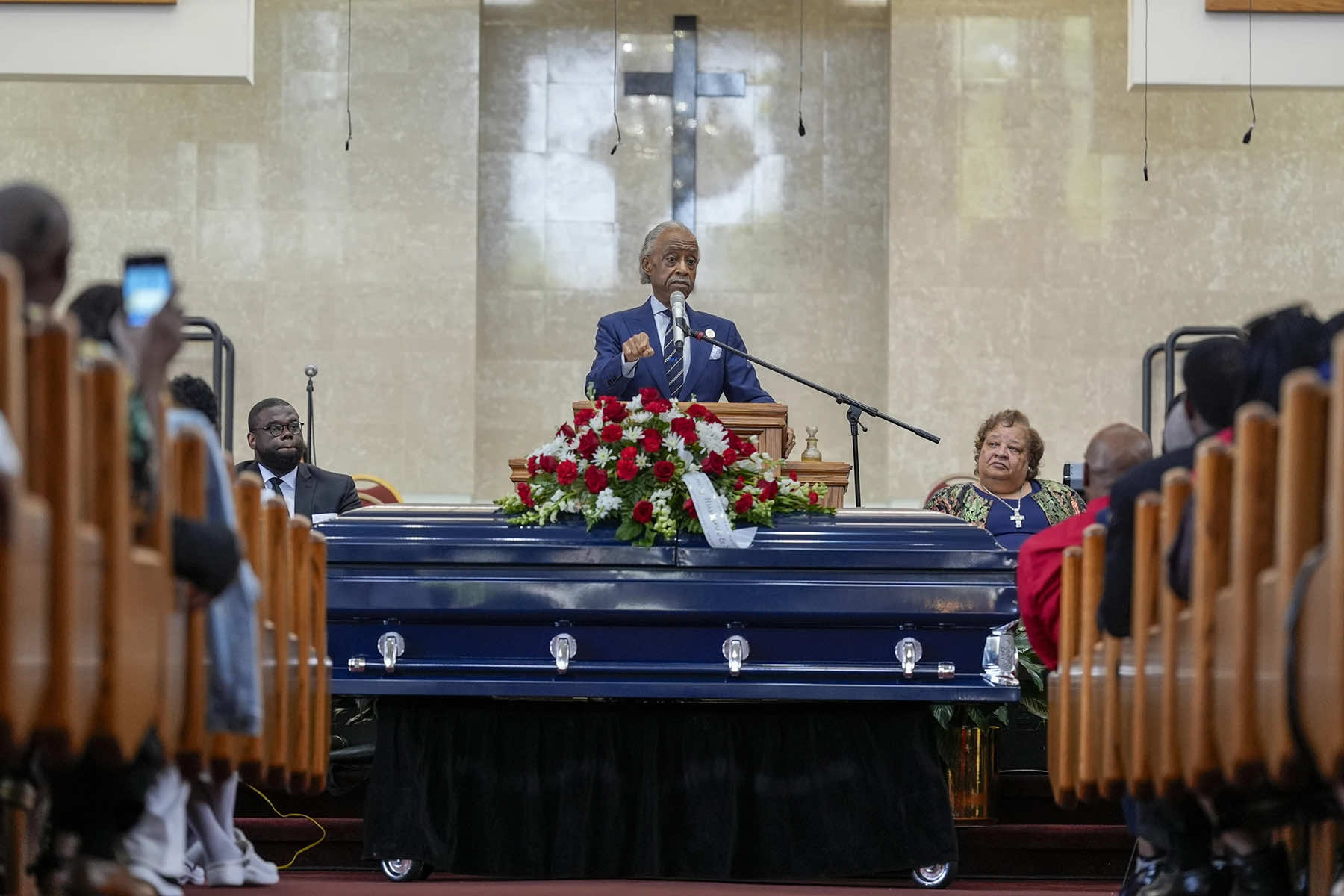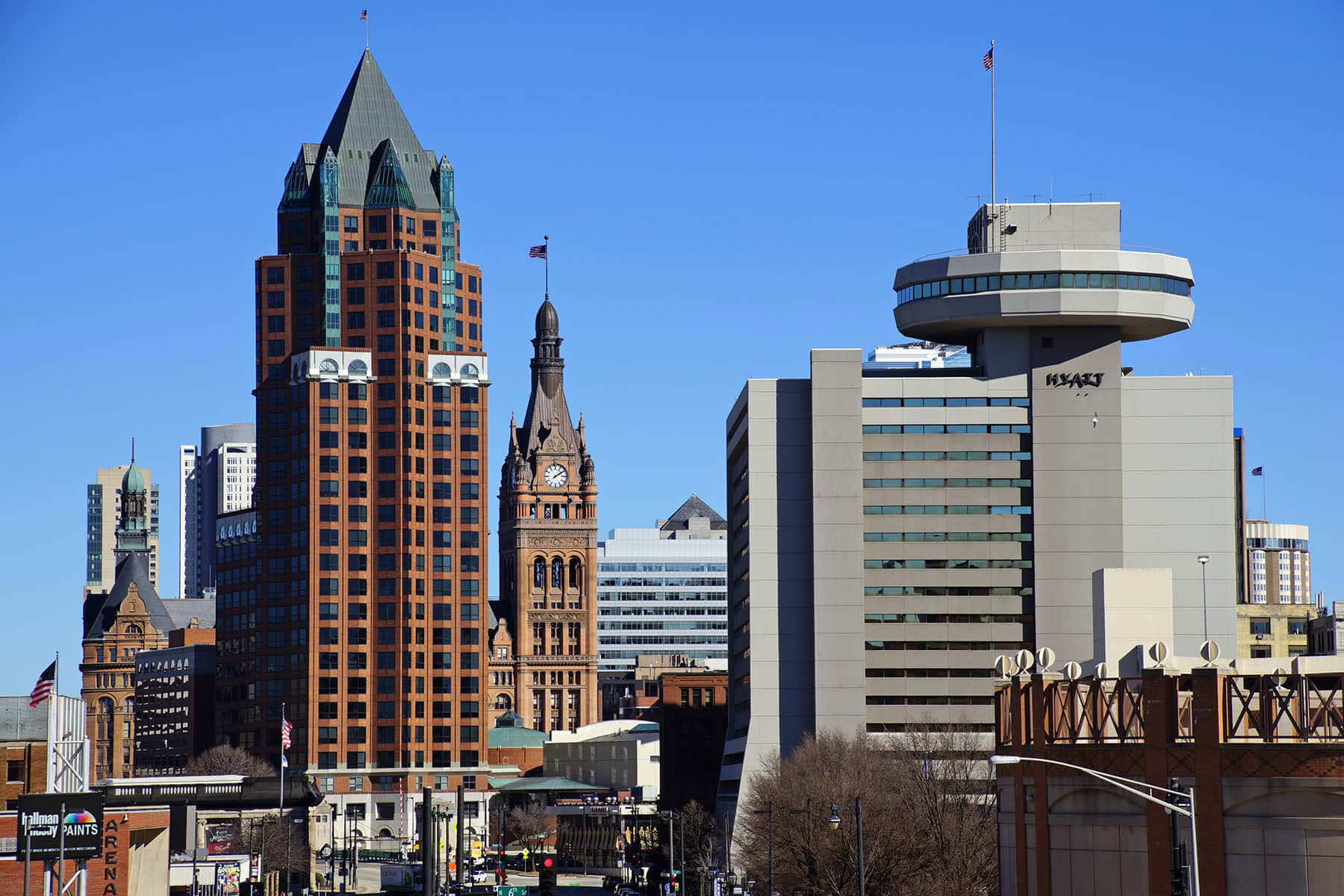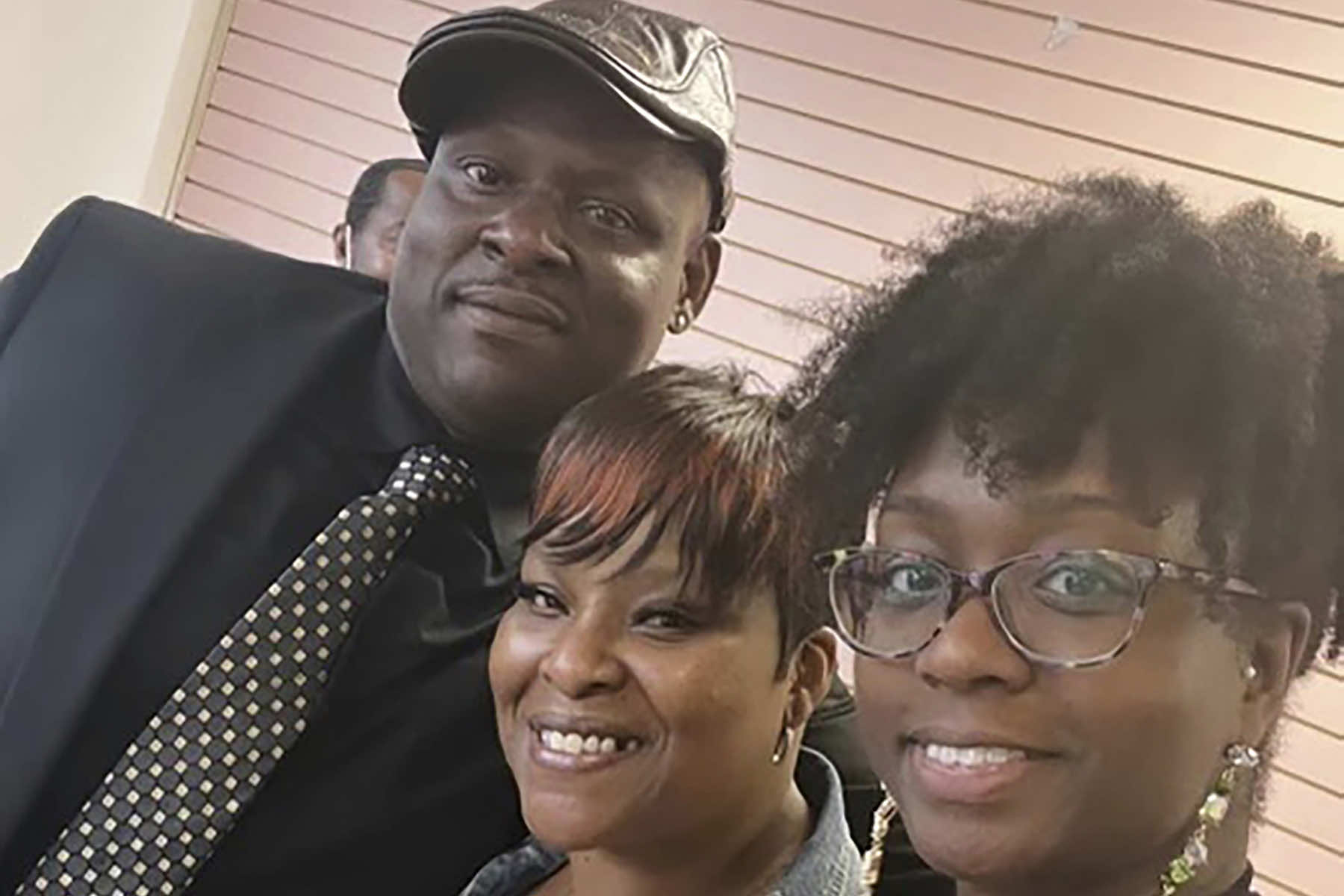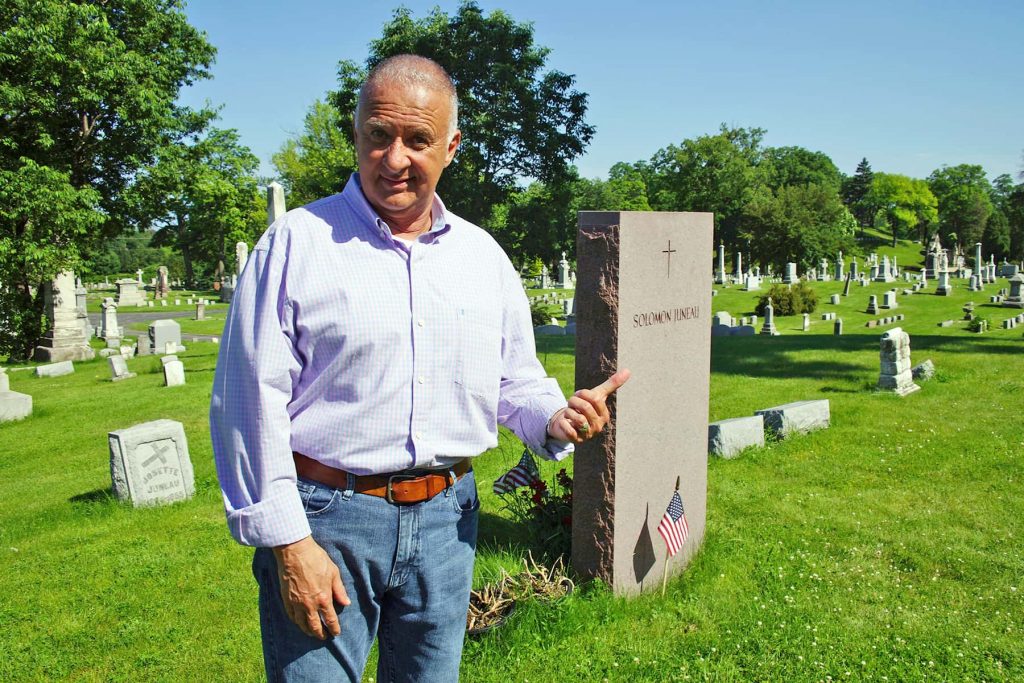
With chants of “Justice for D’Vontaye,” family and friends gathered on July 11 for the funeral of a Black man who died after being pinned to the ground by security guards outside a Milwaukee hotel.
And while remembering D’Vontaye Mitchell as a son, husband, and brother, they vowed to push for charges against those responsible for his death.
“We’re going to fight. We’re not going to give up,” his mother, Brenda Giles, said at Milwaukee’s Holy Redeemer Institutional Church of God in Christ.
Mitchell was held down on his stomach June 30 outside the hotel. Police have said he entered the hotel, caused a disturbance, and fought with the guards as they were escorting him out.
According to his first cousin Samantha Mitchell, Mitchell was born and raised in Milwaukee. Any mental illness he may have had was undiagnosed.
Mitchell’s death on June 30 has become the most recent flashpoint in how the nation confronts race and what some see as the systemic brutality of Black people by members of law enforcement or others in authority, four years after the May 2020 killing of George Floyd by a white police officer in Minneapolis.
A medical examiner has said the preliminary cause of death was homicide, but the cause remains under investigation. No one has been criminally charged, so far.
Aimbridge Hospitality, the company that manages the hotel has said several employees involved in Mitchell’s death have been fired.
“The conduct we saw from several associates on June 30 violated our policies and procedures, and does not reflect our values as an organization or the behaviors we expect from our associates,” a spokesperson for Aimbridge Hospitality said in an email. “Following review of their actions, their employment has been terminated. We will continue our independent investigation and do everything we can to support law enforcement with their investigation into this tragic incident.”
The spokesperson did not say how many employees had been fired or what their positions were.
But the Rev. Al Sharpton, the civil rights leader who delivered the eulogy on July 11, said being fired is “not enough.”
“You should not lose just your job when D’Vontaye lost his life,” he said. “What they did was a crime and criminals need to be prosecuted. And criminals need to face the penalty of their action.”
“This wasn’t a mistake at the job,” Sharpton continued. “This was taking somebody’s life, and there is no justice until you pay for the life you’ve taken. We’re not asking for an apology. We’re asking for justice.”
The Milwaukee County District Attorney’s office said on July 10 that it and police investigators were awaiting full autopsy results and that the case was being reviewed as a homicide.
“I appreciate the work of the Milwaukee Police and the Milwaukee County District Attorney’s Office as they advance the cause of justice. There are some significant open questions, and I am hopeful for prompt answers so that the family and the community can fully understand how this tragedy came to pass,” said Mayor Cavalier Johnson in a statement. “The entire community must take steps to prevent future deaths like D’Vontaye Mitchell’s. That requires us to understand what happened and where the fundamental protection of life broke down. We owe that to the memory of D’Vontaye Mitchell.”
Family members of Mitchell and their lawyers reviewed hotel surveillance video provided on July 10 by the district attorney’s office and described seeing Mitchell being chased inside the hotel by security guards and then dragged outside where he was beaten.
“We will demand justice every day this week, every day next week and every day after that,” said Civil rights attorney Ben Crump, who is part of a team of lawyers representing Mitchell’s family. His relatives have called for charges to be filed against those responsible for the 43-year-old’s death.
Crump also represented the family of Floyd, whose death spurred worldwide protests against racial violence and police brutality.
“Everybody in America, after George Floyd, should have trained their employees, especially security personnel, to not put knees on peoples’ backs and peoples’ necks,” Crump added.
Video recorded by a bystander and circulating on social media shows security guards with their knees on Mitchell’s back and neck.
Another lawyer, William Sulton said the hotel video showed an on-duty hotel security guard take a photo of Mitchell’s lifeless body as the guard was being questioned by police. “Absolutely disgusting,” Sulton said.
Crump said on July 10 that they have a signed affidavit from a hotel employee who said a security guard was striking Mitchell with a baton and that Mitchell posed no threat when he was on the ground. The worker said a security guard ordered him and a bellman to help hold Mitchell down.
“In the video you see them with their knees on his back and neck,” Crump said, and the security guard appears to hit Mitchell in the head with an object. “You see them pull his shirt over his head, stifling not only his sound but, we believe, his breath.”
Sharpton, a longtime activist and leader who serves on the U.S. Commission on Civil Rights, asked if a white person would have been treated the same.
“White folks don’t get in disturbances in Milwaukee?” Sharpton said during the funeral. “Do y’all throw White folks to the ground and put your knee on their neck? The sentence for disturbance is death? The only difference between D’Vontaye and any of us is they didn’t grab us, yet. This man did nothing for what he got.”
It is unclear why Mitchell was at the hotel or what happened before the guards pinned him down.
DeAsia Harmon, Mitchell’s widow, described what she saw on the surveillance videos as “disgusting.” Harmon said video showed a bleeding Mitchell being dragged outside the hotel.
“It makes me sick to my stomach,” Harmon said during a July 10 news conference. “He ran for his life. He was trying to leave. He said ‘I’ll go,’ and they didn’t let him go.”
Sharpton compared Mitchell’s death to the death of George Floyd, a Black man slain in May 2020 by a white police officer in Minneapolis. Floyd’s death spurred worldwide protests against racial violence and police brutality.
Then-Minneapolis officer Derek Chauvin was videotaped with his knee on Floyd’s neck. Chauvin later was convicted of Floyd’s murder.
“I thought ya’ll learned that you can’t put your knee on our necks,” said Sharpton, who is Black. “But if we have to go from Minneapolis to Milwaukee, you’re going to learn to keep your knees off of our necks.”
Mitchell’s death came as Milwaukee began hosting the Republican National Convention on July 15, and amid heightened security concerns around political protests.






















